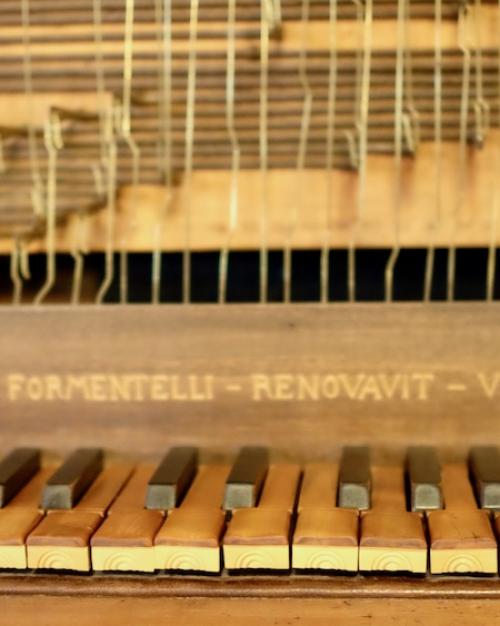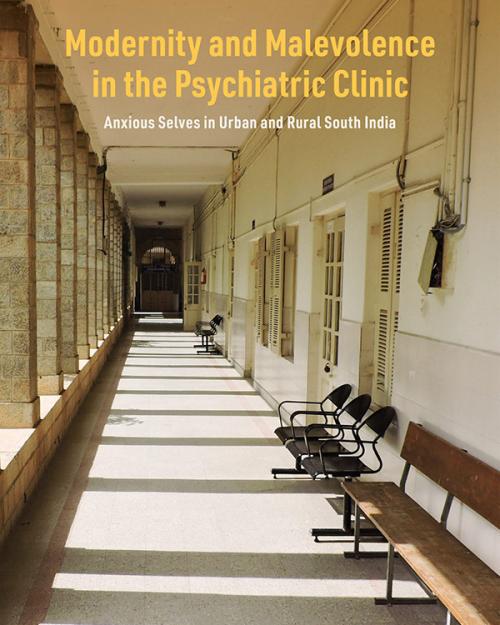The Department of is pleased to announce that David Ni, Grace Staes, and Atif Akhter were awarded the Freedman Award for Undergraduate Research in . The Freedman Award was funded by an endowment established by Randy ‘75 and Howard ‘74, MBA ‘75 Freedman. The Freedman Awards support undergraduate students in undertaking anthropological research.
We are also excited to announce that Mia Narae Song, Sarahi Elizabeth Rivas, and Gillian Harrill were awarded Engaged Learning in Scholarships. The Engaged Learning in Scholarship was established by an anonymous donor to support students who seek training in anthropological techniques or who would like to participate in anthropologically-oriented engaged learning opportunities.
The Department of is grateful for the support from the Freedman Awards and the Engaged Learning Scholarships. Their generosity has provided opportunities for many students over the years for transformative research and life-changing experiences.
David Ni is a junior majoring in Architecture and minoring in and Art History. David will use funds from the Freedman Award to do research in Ithaca and New York City during the Spring 2022 semester. He plans to write a research paper and design an exhibit, tentatively titled, "Journey through the Himalayas: Tangkas and Buddhism," that will bring together Cornell’s, the Namgyal Monastery’s, and other Tangka connoisseur’s collections with the goal of furthering study and interest in Tangka. David describes his project: My research will be centered on the investigation of Tangka paintings and their significance to Buddhist Himalayan cultural identity, the rituals, and artistic intuitions that have become inseparable from its production and reproduction. Conducted through interviews and research trips, my inquiries into Buddhist philosophy, culture, and artistic traditions will be guided by engagement with Buddhist monasteries, art institutes, and professors. Having grown up in a Buddhist family, I hope to further understand my heritage through the infusion of my religious experiences with my academic pursuits in anthropology, art history, and architecture.
Grace Staes '22 is a senior majoring in . She used funds from the Freedman Award to do research in Atlanta during Summer, 2021. Grace finished the first draft of her senior thesis, focusing on the history of violent policing against black bodies and she is currently interviewing artists who created street art memorializing the victims of police brutality to ask about their methods and inspiration. Grace describes her project: For my Senior Honors Thesis in , I hope to explore society's obsession with visualizing violence against the black body, and explore different pathways of healing for black people around my age. After completing my education, at Cornell, I hope to matriculate into medical school, and eventually become a pediatric surgeon practicing in a major American city, serving communities of color. During my undergraduate career, I chose to study anthropology because I am especially concerned with how socio-cultural constructs affect health care and because I love the way anthropology has allowed me to think and access the world. This project will allow me not only to explore a topic near to my heart and especially relevant in this contemporary moment, but I will also allow me to apply the anthropological tools and methods that I have been cultivating during my undergraduate career into a project that matters.
Atif Akhter is a senior majoring in Biology and Society and minoring in . Atif used support from the Freedman Award to conduct interviews of immigrants, diaspora leaders, and community members this past summer. Atif describes his research: As someone with significant connections to the Surjapuri-speaking regions of India, I am aiming to conduct an ethnographic study on Surjapuri speakers in the US diaspora (given current travel restrictions and COVID-19 prevalence in India) to assess the various identities one might hold in the region. Researching and recording the nuances of culture in the region would add to the underfunded state of cultural research in Bihar, a state with a rich history and known for being the site of the founding of Buddhism, the rise of the Mauryan Empire, and several subsequent significant kingdoms rising and falling over the course of the last thousand years. This project would help finalize my goal of becoming a strong ethnographic researcher and would allow me to cultivate my skills of analysis, reason, and communication.
Mia Narae Song '22 will use funds from the Engaged Learning in Scholarship for her ethnographic study of Asian Americans and the creation of resources to help people of color to protect themselves and others from social injustices in the workplace. Mia is a senior majoring in American Studies. Mia describes her research project: My research is focused on creating an anti-Asian and xenophobic harassment resource guide book and Bystander Intervention Training Workshop for the Ithaca and Tompkins County region. Through these two projects, I hope to both empower and equip people of color by providing them with the knowledge and the physical resources to be able to protect themselves and others from social injustices in the workplace. I hope to document this journey by authoring a book set to be published in April 2022. This pursuit seeks to demonstrate the site of resistance and resilience in the Ithaca Asian American community, preserving the lived experiences of POC, and finally to repaint and reposition their lives through stories of empowerment. This project is the aggregation of my passions and interests in American Studies, Inequality Studies, and Asian American Studies. I believe there exists a moral imperative to document, preserve, and produce academic research and cultural discourse that centralizes the lives of Asian Americans. My research will pull threads of the formations and frameworks of Asian Americans in Ithaca, promoting greater discussion and subsequent awareness of anti-Asian bias and xenophobic harassment in America. Through this research experience, I hope to carry these learnings and perspectives when I enter law school in the near future to better understand how I can discover and resolve needs in my most immediate communities.
Sarahi Elizabeth Rivas will use funds from the Engaged Learning in Scholarship to organize community engagement projects, including a multi-lingual podcast, a virtual workshop, and video-recorded oral histories which will give refugee scholars, artists, and activists a space to share their stories and emphasize the work of refugee-led organizations and form solidarity across borders. Sarahi is pursuing a double major in Government and Sociology and a minor in the Latino Studies program. Sarahi describes her research project: My project, titled Refugees Know Things, acknowledges the importance of displaced and refugee scholars, activists, and artists and their experiences and perspectives toward racial (in)justice, the spatiality of borders, education and healthcare, the temporality of displacement, refuge, and asylum, citizenship, the state, and global apartheid. This research is important to me as someone with immigrant parents who came as undocumented to the US from Mexico in search of a better life and escape poverty. I am dedicated to my degree, pursuing the career goal of immigration law to help and amplify those from marginalized communities in any way I can, just like those who helped my parents.
Gillian Harrill will use funds from the Engaged Learning in Scholarship to conduct research in southeastern Arizona and work on her ethnographic film Heaven’s Forty Acres. Gillian is a senior majoring in Communication and minoring in . She describes her research project: Heaven’s Forty Acres is an ethnographic film exploring the question: How do youth on the San Carlos Apache Reservation create their own culture and identities through skateboarding, indie music, and art? I will apply participatory filmmaking methods which involve the subjects as collaborators in the process. I learned these methods in Ethnographic Film Theory and Documentary Production courses taught by Professor Raheja, and hope this is the start of my career as a documentarian, anthropologist, and storyteller.
Article Photo provided by Gillian Harrill: “Visual sample of the film, which will mix documentary and narrative storytelling.”





